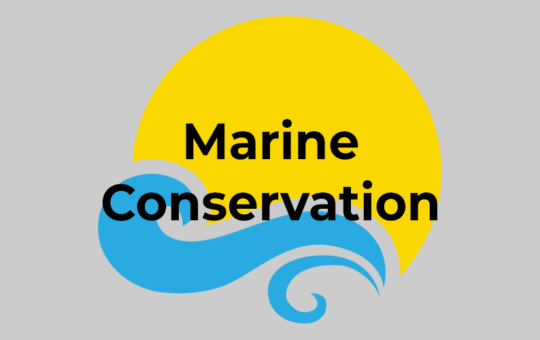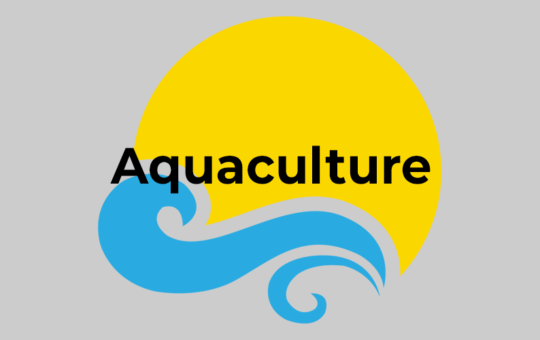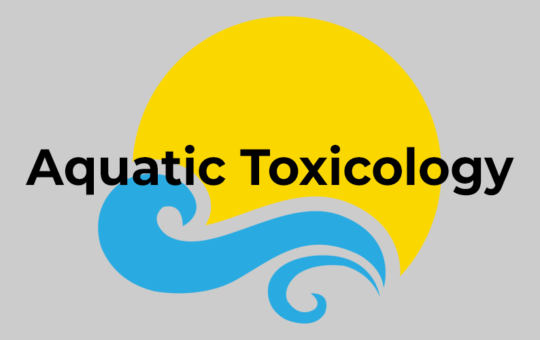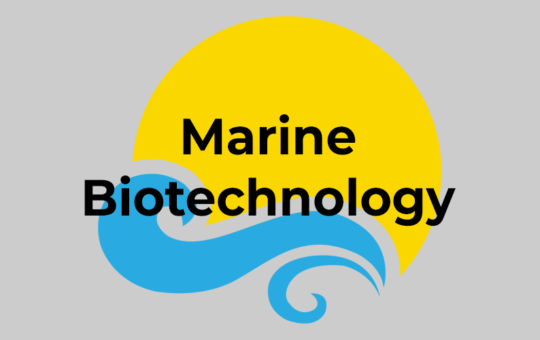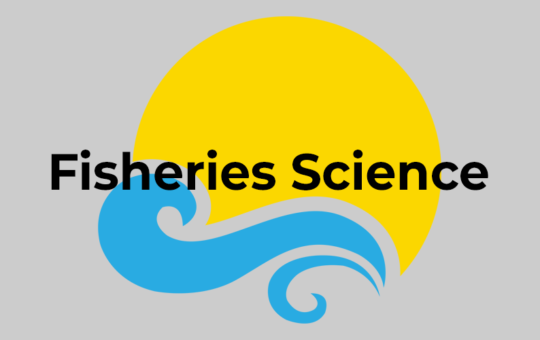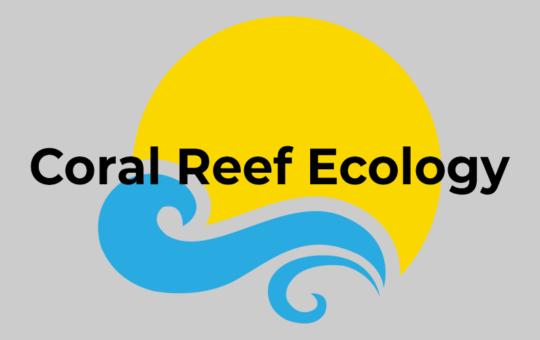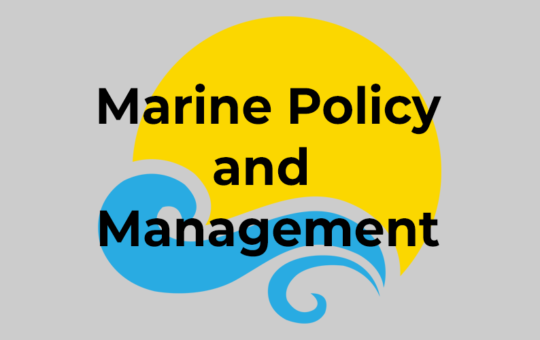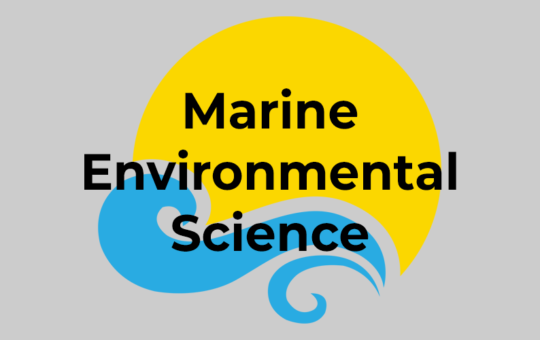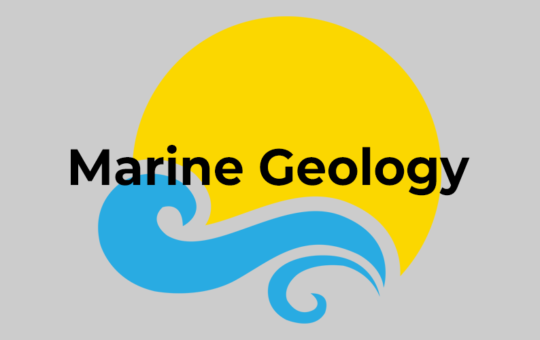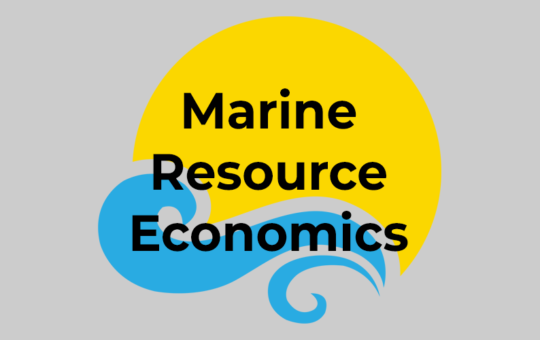Instructor | ABU
Marine Conservation
- Understand the principles and strategies for conserving marine biodiversity and ecosystems.
- Explore the major threats to marine environments, such as overfishing, pollution, and climate change.
- Study the establishment and management of Marine Protected Areas (MPAs).
0m
0
21
Aquaculture
- Understand the principles and practices of farming aquatic organisms, including fish, crustaceans, and aquatic plants.
- Explore different types of aquaculture systems, such as extensive, semi-intensive, and intensive systems.
- Study the biological requirements and cultivation techniques for various aquaculture species.
0m
0
21
Aquatic Toxicology
- Understand the principles of toxicology and the effects of pollutants on aquatic organisms and ecosystems.
- Explore the sources, pathways, and impacts of various aquatic pollutants, including heavy metals, pesticides, and emerging contaminants.
- Study the methodologies used in toxicity testing, bioassays, and the use of biomarkers.
0m
0
21
Marine Biotechnology
- Explore the applications of marine organisms and their bioproducts in medicine, agriculture, and environmental management.
- Understand the techniques for extracting and characterizing bioactive compounds from marine sources.
- Study genetic engineering and biotechnological tools used in marine research and development.
0m
0
21
Fisheries Science
- Understand the principles of fish biology, ecology, and population dynamics in the context of fisheries management.
- Explore various fishing techniques, technologies, and methods for assessing fish stocks.
- Study the socio-economic dimensions of fisheries, including their role in supporting livelihoods and food security.
0m
0
21
Coral Reef Ecology
- Understand the biological, chemical, and physical processes that support coral reef ecosystems.
- Explore the anatomy, physiology, and life cycles of corals and their symbiotic relationships.
- Study the diverse array of species that inhabit coral reefs and their ecological interactions.
0m
1
21
Marine Policy and Management
- Understand the principles and strategies for developing, implementing, and evaluating marine policies.
- Explore the various international, national, and local regulatory frameworks governing marine activities.
- Study the importance of stakeholder engagement and the roles of governments, NGOs, and local communities in marine policy-making.
0m
0
21
Marine Environmental Science
- Understand the interdisciplinary nature of marine environmental science, integrating physical, chemical, biological, and geological processes.
- Explore the dynamics of oceanic systems, including ocean circulation, nutrient cycling, and energy flow.
- Study the diverse marine habitats, such as coastal zones, estuaries, coral reefs, and deep-sea environments.
0m
0
23
Marine Geology
- Understand the geological processes and features of the ocean floor, including mid-ocean ridges, abyssal plains, seamounts, and trenches.
- Explore the dynamics of plate tectonics and seafloor spreading in shaping the oceanic crust.
- Study sedimentary processes in marine environments, including the formation, transportation, and deposition of marine sediments.
0m
0
22
Marine Resource Economics
- Understand the economic principles and practices related to the sustainable use and management of marine resources.
- Explore the economic valuation techniques for marine ecosystems and the goods and services they provide.
- Study the market dynamics and economic implications of various marine resources, including fisheries, aquaculture, and renewable energy.
0m
0
23



